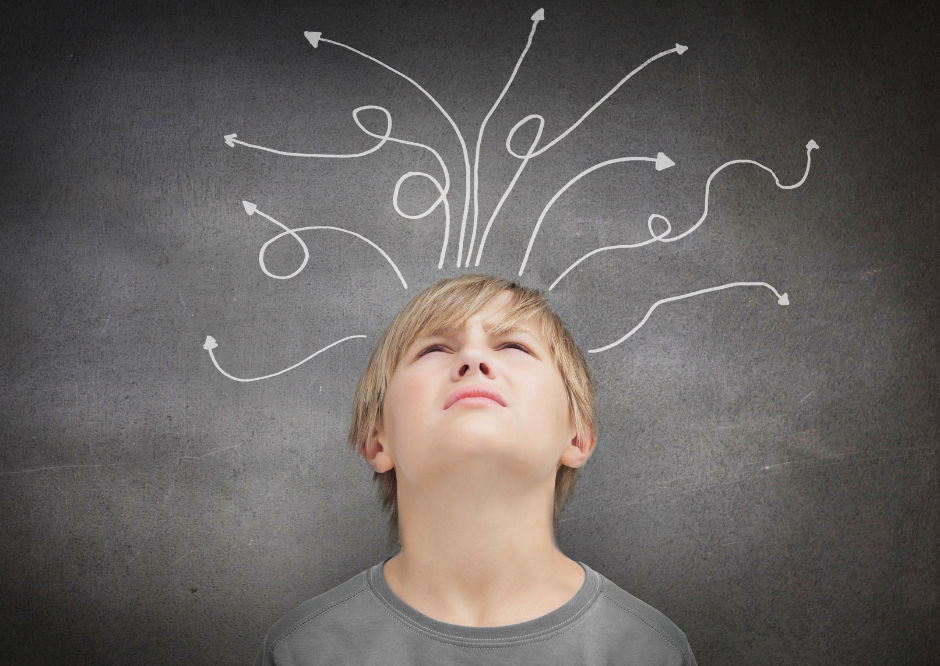Behaviour Is Communication
- Really Tired

- Apr 18, 2025
- 4 min read
Updated: Jun 14, 2025
It started with awkward playdates.
But it’s really about how we respond to behaviour we don’t understand.

Some of my loveliest friends asked me recently,
“How do we explain what’s going on for neurodivergent kids to our neurotypical kids, without saying the wrong thing?”
Their kids had noticed differences:
“Johnnie was so naughty again today,”
“He’s always getting in trouble,”
“Why doesn't he just listen?”
These weren’t judgy parents. These were thoughtful, compassionate humans trying to raise the same. They knew 'Johnnie' was neurodivergent. They weren’t looking for a label.
They were looking for language. Something simple. Honest. Kind.
I started writing this blog.
And rewriting.
I drafted kid-friendly explanations of neurotypes, nervous systems, the polyvagal ladder.
I tapped away about trauma, sensory overwhelm, executive function, and PDA.
(If I’m honest, it was becoming more thesis than blog.)
But then, over dinner with another friend during a conversation about inclusion, it hit me:
It’s not about the diagnosis. It’s about being a decent human.
One of those truths so obvious it hides in plain sight.
You don’t need to know what’s going on in someone’s brain to respond with compassion.
You don’t need a medical report to model kindness to your kids.
You don’t need to decode a behaviour to be a safe person in that moment.
And you definitely don’t need to explain someone else to your child in order to justify treating them with care.
Because—here’s the thing—behaviour is communication. Always.
Not just for those kids. For all of us.
We tried to say this. Over and over.
In so many school meetings, we begged the focus to shift from modifying behaviour to understanding it.
We tried to talk about the nervous system. Sensory processing. Demand avoidance.
We tried to ask, “But what’s causing the behaviour?” (Crazy, I know.)
But nope.
What we got instead—from none other than the principal—was this:
“Cheese is a smart kid. He knows exactly what he’s doing and knows better than to run out of a classroom.”
It was kindergarten.
He was five.
Diagnosed autistic.
And somehow—still:
“He should know better.”
Five.
This is the problem.
When the education system sees behaviour as something to fix,
not something to understand—
we lose the kid. Every time.
Most of what we say isn’t said out loud.
Somewhere between 70% and 90% of human communication is non-verbal.
Tone. Expression. Body posture. Silence. Movement. Eye contact (or lack of it). Hiding. Running. Crying. Shouting. Shutting down.
All of that is saying something.
All of it matters.
All of it is real communication.
We’re so quick to correct behaviour, we forget to read it.
We act like it’s separate from emotion, or context, or unmet need.
We forget that when behaviour changes, it’s not random. It’s a clue.
So if a child is melting down, or running away, or shouting in class?
You don’t need to know their diagnosis.
You don’t need to know their whole story.
You just need to ask yourself:
“What might they be trying to say with their behaviour?”
“What might be going on for them today?”
It could be anything.
– They might be overwhelmed by noise.
– They might be hangry.
– They might have had a terrible morning.
– They might be grieving.
– They might have a disability that no one sees.
– They might just be at capacity.
You don’t need to know.
You just need to respond like a decent human.
It’s this:
🧠 Understanding Behaviour is communication.
💛 Compassion "Looks like they’re having a really hard time."
🔍 Curiosity "I wonder what’s going on inside for them right now?"
🤲 Kindness "What kind of support might they need in this moment?"
Not this:
❌ Judgement “They’re just being difficult.”
❌ Blame “That’s bad parenting.”
❌ Assumption “They should be able to do this.”
❌ Control “They need to learn a lesson.”
When you’re not sure how to respond?
Start here:
“You seem like you're having a hard time. Are you okay? What do you need? How can I help?”
It’s not about fixing. It’s about showing up.
When in doubt?
Choose connection over correction.
Every time.
And right now? We need that more than ever.
With everything going on in the world—especially in the US, where autistic people are being actively dehumanised by political leaders—
we can’t keep responding to difference with judgement and contempt.
Not when compassion is what’s needed most.
The message being sent right now is horrifying:
That autistic people are broken.
That they're less than.
That their differences are defective.
They are not broken. They are not the problem.
But the message? That is the problem. Loud and clear.
So let’s send a louder one.
Let’s raise kids who don’t flinch at difference.
Let’s model compassion without needing the backstory.
Let’s act like all behaviour is trying to tell us something—and our job is to listen.
This started with awkward playdates.
It grew into a whole philosophy.
Behaviour is communication and kindness is always a good reply.
You don’t need someone’s story to treat them with care.
You just need the willingness to listen.
Because your backstory doesn’t matter.
Meeting you with kindness does.
That’s not just about neurodivergence.
That’s about being human.
Thanks for reading.
I’m not here with all the answers, just sharing the messy middle as we figure it out.
If this topic resonated, here are a few more stories, reflections, and hard earned lessons you might like:






Comments